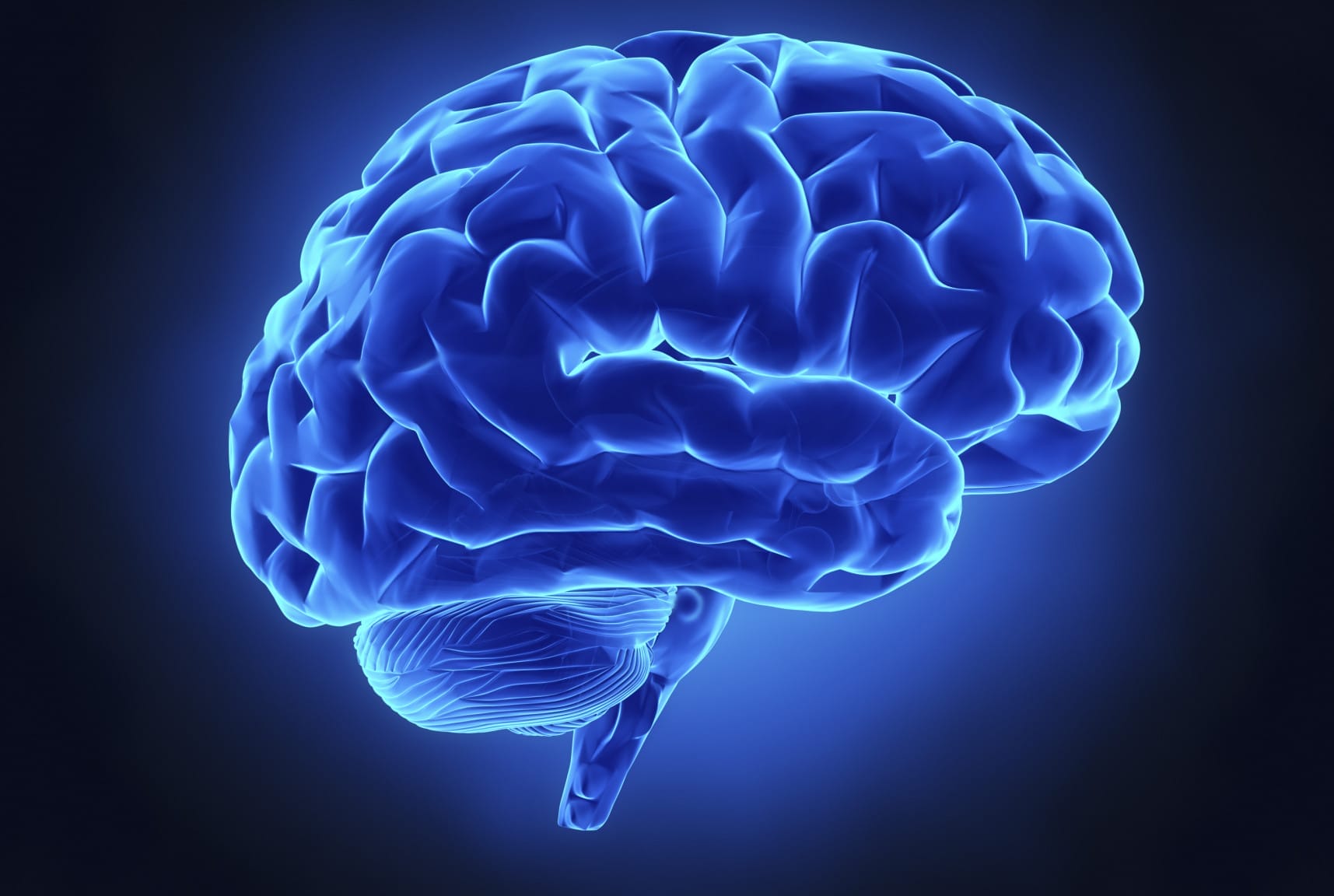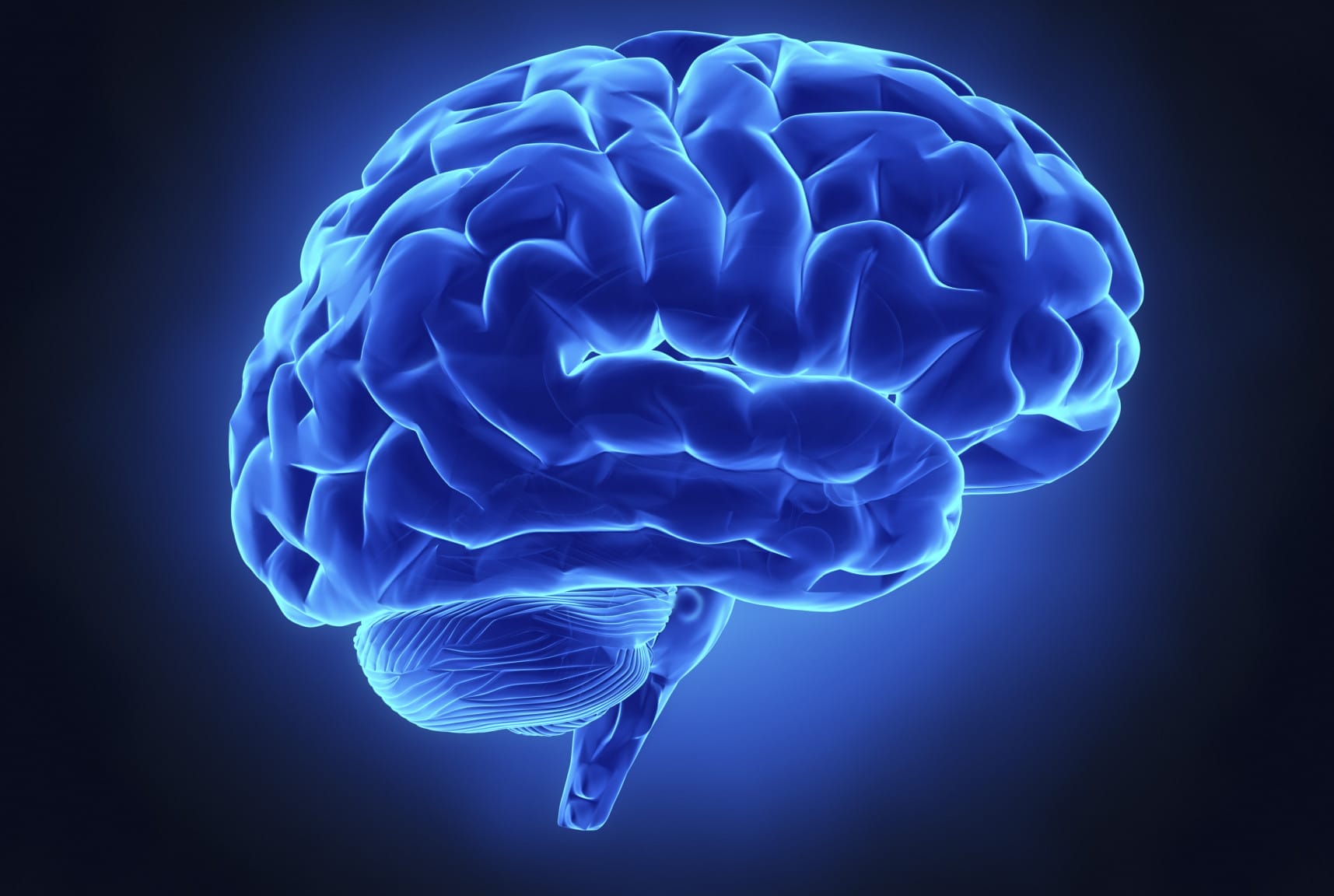
May 02, 2023 – 22:43
Patients hospitalized with severe COVID-19 show no evidence of brain damage from the disease afterwards. This is the result of an extensive study conducted by Maastricht University. The patients studied did not appear to have more abnormalities in brain function and thinking functions than other groups of critically ill patients. However, more than half of the patients in the study experienced all kinds of long-term complaints, such as fatigue, problems concentrating, forgetfulness, or a poor quality of life. The reason for these complaints is not clear. This is exactly why, according to the researchers, they need attention, care and constant support.
Brain damage
The reason for the study was neurological symptoms in intensive care (IC) patients, which doctors saw regularly during the first Corona wave in the spring of 2020. The complaints of many former Corona patients may also fit into this. To investigate this, the scientists followed two groups of coronavirus patients: 104 patients who were admitted to a normal nursing ward due to infection with the coronavirus and 101 patients who ended up in the intensive care unit of a total of six large Dutch hospitals. the same reason. About 9 months after discharge from the hospital, the researchers used MRI scans and extensive cognitive tests to look not only at potential brain damage, but also at the immediate consequences of potential brain damage, such as memory disturbances. They also looked at complaints that had already occurred, such as fatigue. “We would have expected that people in the group of IC patients, who were on the most severe end, would also have the most brain damage and more complaints,” says Caroline van Heugten, professor of clinical neuropsychology at Maastricht and head of the center of expertise. For brain injury Limburg. “But that turned out not to be the case. Brain MRI scans were pretty comparable, but we did see more microbleeding in MRI scans of ICU patients. Incidentally, patients with this microbleeding did not have more of disturbances or complaints.”
mental complaints
Cognitive tests and questionnaires conducted by the researchers showed no difference between the two groups of patients in terms of thinking functions or mental health. However, more than half of the patients followed up experienced all kinds of complaints, such as fatigue, forgetfulness, problems concentrating, or poor quality of life. The reason for these complaints is not yet clear. “Long-term complaints, such as fatigue and forgetfulness, also occur in people with less serious illness who do not require hospitalization,” says Van Heugten. Even in this group of people, the cause of the complaints is not yet known. Perhaps serious illness not only plays a role in interstitial cystitis patients, but also in isolated nursing with a lot of fear, stress and fear that was felt widely by the community during the first Corona wave. Similar complaints have been seen before in ICU survivors and are therefore not specific to COVID-19.”
The so-called NeNeSCo study was funded through a crowdfunding campaign by Hersenstichting and implemented by Maastricht University, in collaboration with Amsterdam UMC and UMC Utrecht. The results were recently published in European Journal of Neurology.
Source: Maastricht University

“Total coffee specialist. Hardcore reader. Incurable music scholar. Web guru. Freelance troublemaker. Problem solver. Travel trailblazer.”







More Stories
GALA lacks a chapter on e-health
Weird beer can taste really good.
Planets contain much more water than previously thought